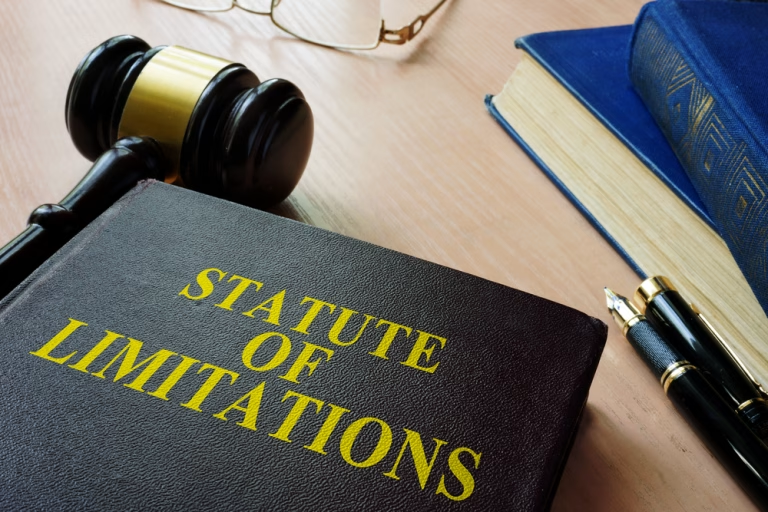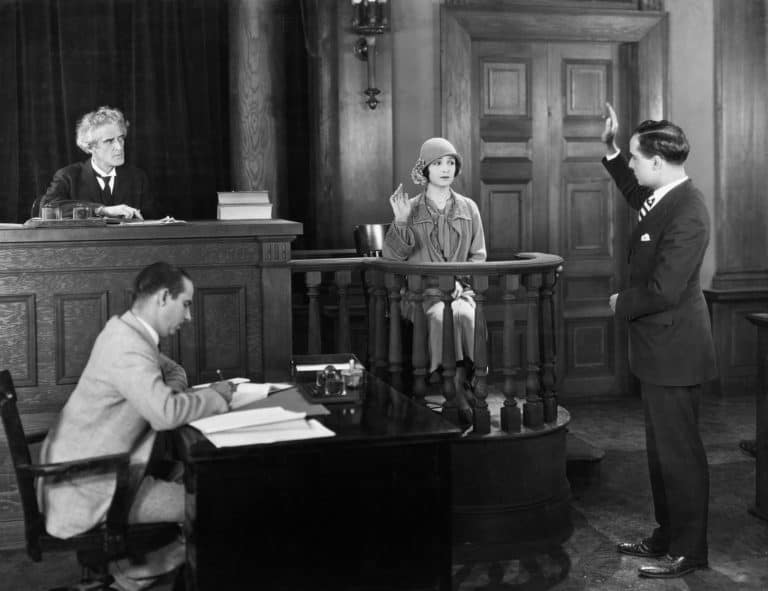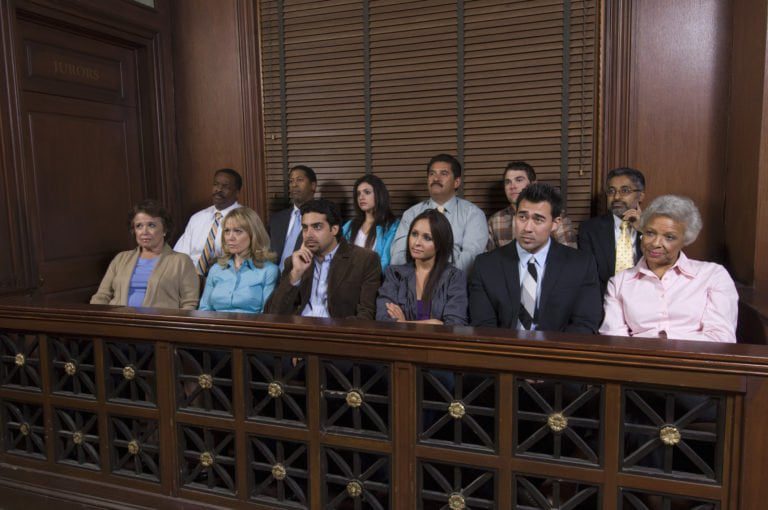Prosecutors only have a certain amount of time to file charges after a crime takes place. This timeframe is known as the statute of limitations. For most criminal offenses, California institutes a three-year statute of limitations, but legislators may pass laws to extend this time period for specific offenses. In rape cases, for example, there is […]
Understanding California Statute of Limitations Laws
It makes sense that someone could be charged with murder 30 years after the victim dies, but it wouldn’t be fair for someone to be accused of shoplifting that many years later. The statute of limitations is a legal way to ensure that those who committed heinous acts can be held responsible for their actions […]
What’s the Difference Between Different Types of Attorneys?
Have a hard time differentiating between prosecutors, defense lawyers, public defenders and judges? Here’s what you should know before you head into court.
Will a Case Get Dropped if a Victim Refuses to Testify?
Many cases, particularly those involving domestic violence and sexual assault, come down to the alleged victim’s word versus the word of the accuser. Because these charges depend on the accuser’s testimony, courts have to balance the risks of further traumatizing the victim with the rights of the defendant to face their accuser in court and […]
Is Jury Nullification Legal in California?
Sometimes the law is unjust. The law itself may be morally reprehensible, the penalties may be too harsh for the crime, or an ordinarily reasonable law may seem unfair in a particular case. In these cases, jurors may sometimes resort to a practice known as jury nullification, meaning they base their verdict not on the […]
When is Evidence Admissible Vs. Inadmissible?
Criminal cases are based on evidence. Because the U.S. Constitution guarantees that defendants are innocent until proven guilty beyond a reasonable doubt, the evidence presented by the prosecution must be enough to outweigh that offered by the defense. Not everything can be used as evidence though, and many rules determine the admissibility of evidence in […]
Can a Diary be Used as Evidence? Are Diaries Admissible in Court?
Diaries and journals can be written for many reasons, but one thing most of these writers have in common is the expectation that their private thoughts and observations will be kept confidential. Unfortunately, the US legal system doesn’t hold diaries as a protected source of speech that can’t be used against their writer later on. […]
Attempted Murder Charges Can be Difficult to Prosecute in Vista, California
Attempted murder charges are very serious, but you can defend yourself as long as there is not enough proof that you were actually attempting to kill the victim.
What to Expect at a California Domestic Violence Arraignment in Vista
The first court appearance you will need to attend after a domestic violence arrest is known as an arraignment. This step of the court process is one of the most important, as it allows you to hear the charges that have been filed against you, deal with bail, schedule future court dates, and re-addresses the […]
Evidence Tampering Laws in Vista, California: 132 (PC), 134 (PC), 135 (PC), and 141 (PC)
Evidence integrity in the court system is critical, especially as the US justice system requires prosecutors to prove the defendant’s guilt beyond a reasonable doubt. Unreliable or missing evidence could result in great injustices. To protect evidence accuracy, California has passed many laws prohibiting its destruction, concealment, or alteration. If you have been accused of […]


















